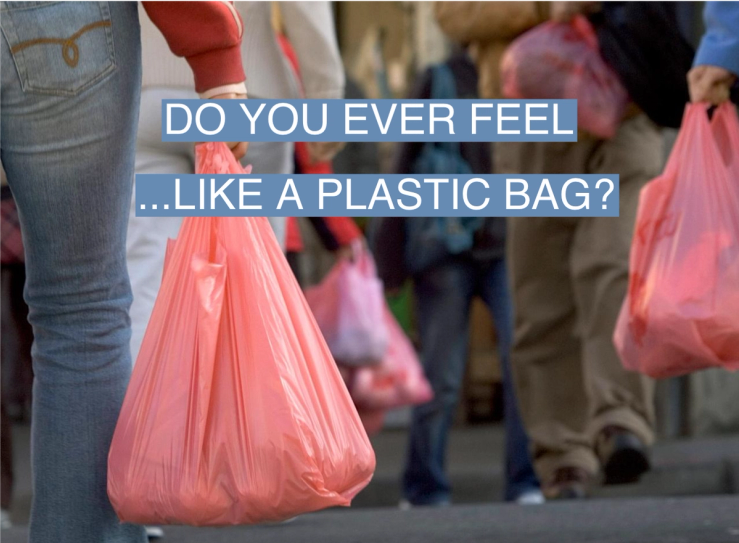The News
Laws restricting plastic-bag use in the U.S. have been largely successful, reducing use by nearly 300 bags per person per year, a new report found.
The U.S. has introduced 500 citywide and 12 statewide bans in the past several years, and many European countries have similar restrictions. The most successful ban the study looked at was in New Jersey, where policies cut use by 5.5 billion bags annually.
“The bottom line is that plastic bag bans work,” said Faye Park, president of one of the nonprofits that conducted the study. “People realize quickly it’s easy to live without plastic bags.”
Plastic bags are notorious pollutants. They’re made from oil and gas and can’t be easily recycled, meaning they’re typically either incinerated or sent to a landfill after their first use. They also kill sea life and expose humans to harmful microplastics, which release greenhouse gasses. Several studies have found that plastic-bag bans not only cut bag use, they also dramatically reduce plastic litter.
SIGNALS
Skeptics argue alternatives could be worse for the environment
Critics argue that plastic bags are better for the environment than alternatives like paper or cotton, which take more energy to produce. One study found that a cotton bag might have to be used thousands of times to have an environmental footprint comparable to single-use plastic bags. This dilemma is “a really good example of unintended consequences of people trying to make positive choices, and not understanding the full landscape,” one expert told The New York Times. Some brands that have produced cotton totes in the past are trading up for hemp, or repurposing single-use plastic such as water bottles into reusable bags.
Republican-led states balk at bag bans
Republican lawmakers have balked at plastic-bag bans, saying they violate consumers’ freedom to choose. As of 2021, Gizmodo reported, 18 states had passed laws to prevent local governments from adopting their own bag bans. In 2022, the Republican National Committee accused California’s single-use bag ban of making “customers front the bill for a thicker, more expensive plastic bag.” “Democrats are so power hungry and desperate to pass meaningless legislation that they’ll focus on anything but the issues hurting Californians the most,” the committee wrote in a blog post.
Recycling plastic is almost impossible
As of 2022, the amount of plastic actually recycled into new products was as low as 5%, according to Greenpeace. Less than 10% of single-use plastic bags are ever recycled, according to the U.S. Environmental Protection Agency, and some estimates put the number much lower, at less than 1%. “The crisis just gets worse and worse,” a Greenpeace campaigner told NPR, with Big Plastic on track to triple production by 2050. Plastic recycling is nearly impossible at this point because there are so many kinds of plastic out there, NPR reported, and none of them can be combined. Recycling facilities don’t have the resources to sort the materials, so they end up in landfills.



